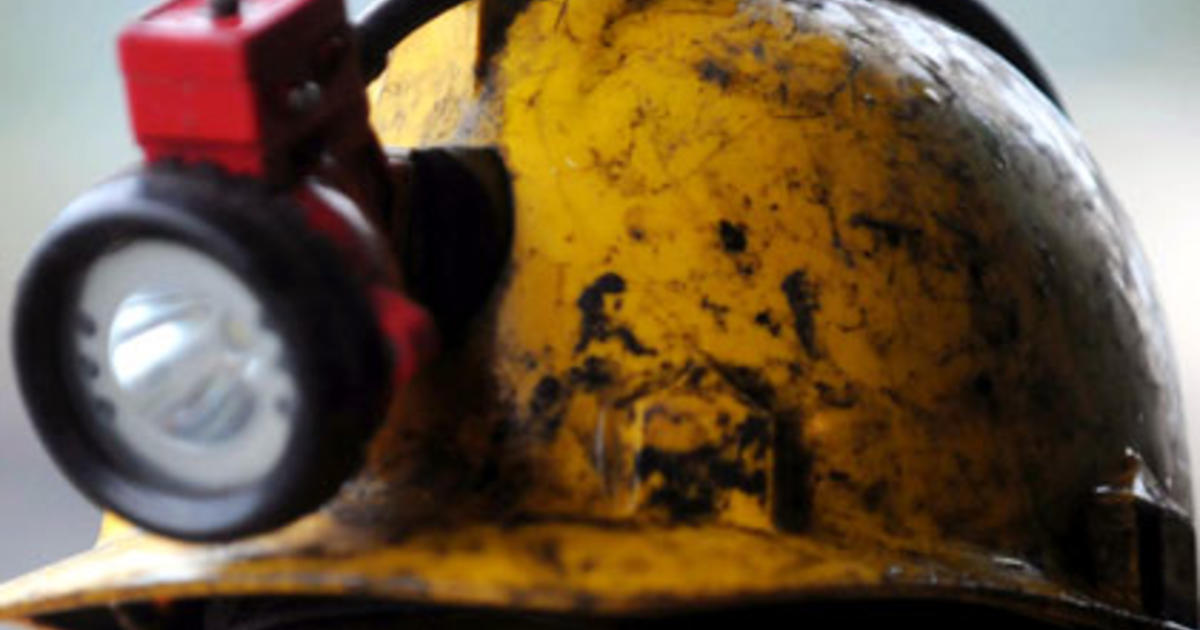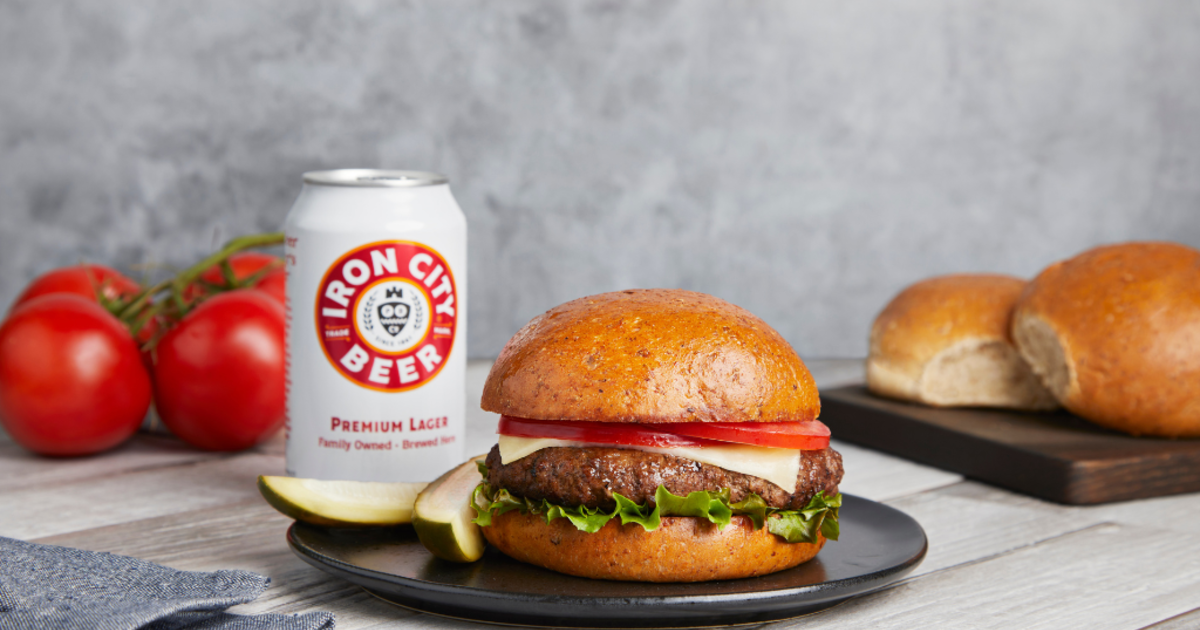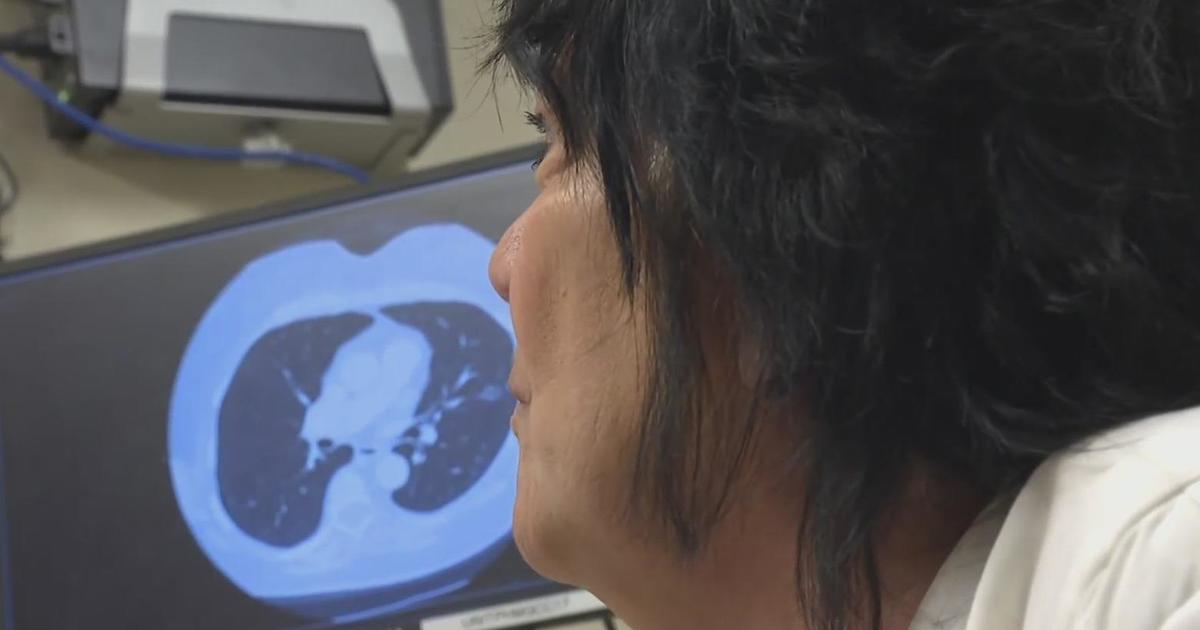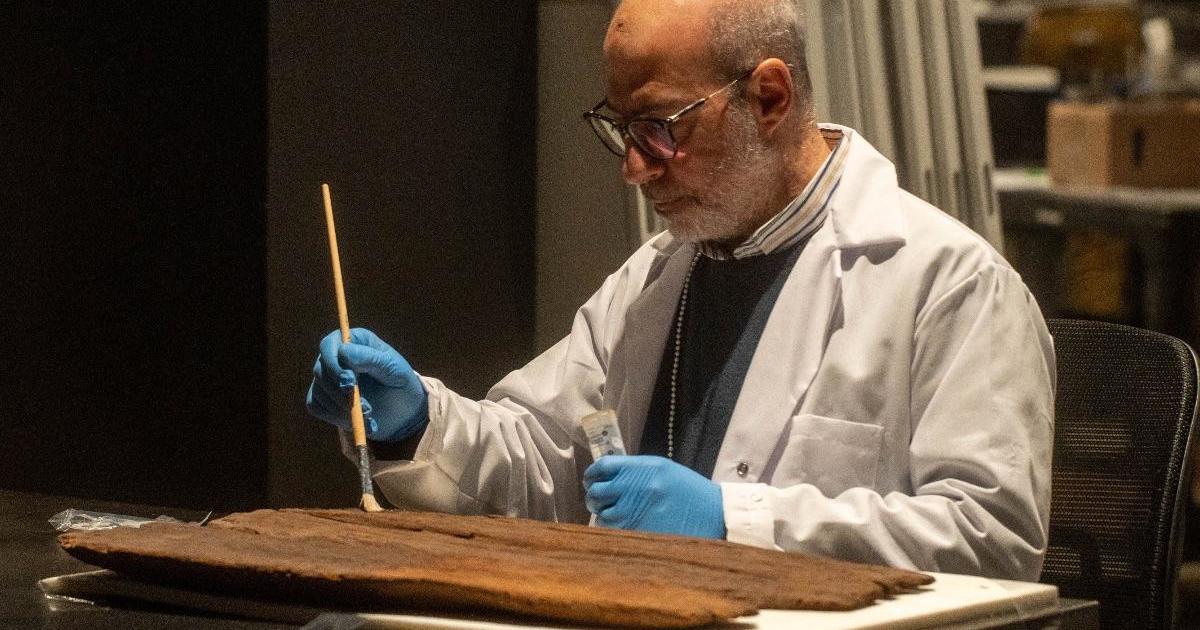COVID-19 In Pennsylvania: Doctor Explains How Vaccine Works
PITTSBURGH (KDKA) -- To immunize against coronavirus, a vaccine may use messenger RNA.
"MRNA is what our bodies use to create proteins," Dr. Arvind Venkat said. "And it is a new technology, but it has been a technology that had been studied on a smaller scale for a number of years, almost a decade or two."
These genetic instruction manuals, carried in a fatty envelope, get injected into the body.
"It goes to your cells, which then use structures within cells to produce the protein that then your immune system responds to. And that's how you generate an immunity," Dr. Venkat said.
It does not interact with your own DNA.
"This is not something that inserts into your fundamental genetic code. It is a way to transmit to cells to produce the protein, not the virus — but the protein on the surface of the virus — to generate an immune response," says Dr. Venkat.
RELATED STORIES:
- COVID-19 In Pennsylvania: Coronavirus Vaccine Months Away For General Public, Dr. Rachel Levine Says
- COVID-19 In Pittsburgh: UPMC Frontline Workers Administered With First Doses of Coronavirus Vaccine
Your cells make the proteins, and the mRNA breaks down.
"MRNA is a very short-lived molecule. It does not linger for long periods of time," said Dr. Venkat.
This is why it requires cold storage and careful handling.
But once the immune response gets going, your body will be ready to fight off COVID-19.
"Once it recognizes a threat, it has different mechanisms for remembering," Dr. Venkat said. "That's why when you get something like a vaccine, if you're confronted with that disease in the future, you have an immune response that keeps you from getting ill."
In terms of who should get it -- it will be only health care workers and nursing home residents right now. Front line workers and vulnerable people will eventually come next.
Even with emergency use authorization, it may be many months before the general population will be immunized.



